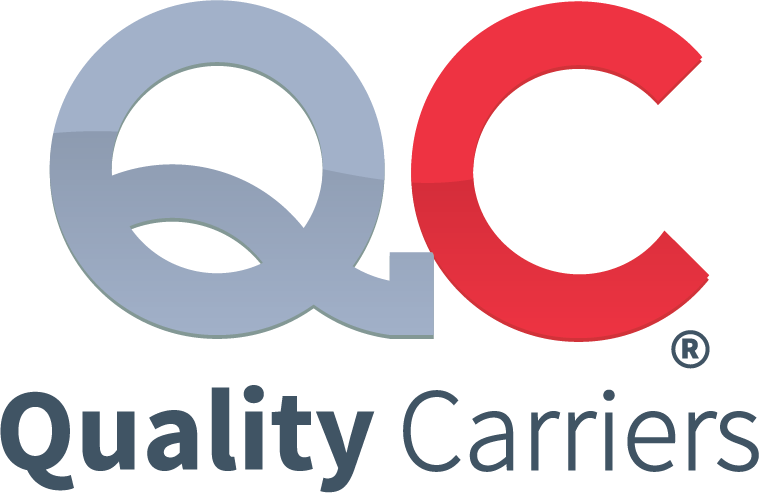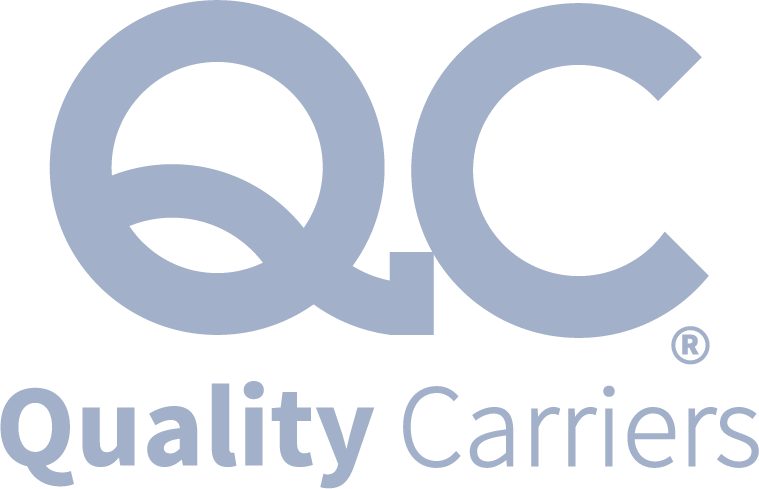Are you fascinated by the open road and have a passion for driving? Are you searching for truck driver jobs that offer the perfect blend of adventure, independence, and steady employment? Look no further. The demand for skilled truck drivers is rising, making it an opportune time to pursue a career on the open road. In this blog, we will equip you with steps and practical tips on securing a job as a truck driver and setting off on a fulfilling and rewarding journey.
What Does a Truck Driver Do?
Truck driver jobs are vital in keeping goods and supplies flowing throughout the country’s vast transportation network. Truck drivers are the driving force behind the economy, from long-haul routes that span coast to coast to local deliveries that keep communities stocked with essential items. With a Commercial Driver’s License (CDL) in hand and a passion for driving, you can become a link in the supply chain, ensuring products reach their destinations safely and efficiently.
The trucking industry offers diverse opportunities to suit different preferences and career goals. Whether you aspire to explore new horizons on cross-country trips or prefer the familiarity of local routes, there’s a truck driver job out there tailored to your needs. These positions often come with competitive pay, benefits, and the potential for growth within reputable trucking companies.

Steps to Becoming a Truck Driver
1. Pass Your State’s Regular Driver’s License Exam
The first step in becoming a truck driver is to obtain a regular driver’s license. This involves passing the written knowledge exam and a practical driving test specific to your state’s requirements. Study the driver’s manual and familiarize yourself with traffic laws, signs, and regulations to prepare for the exams.
2. Complete High School or the GED
While a high school diploma or equivalent is not always a mandatory requirement for becoming a truck driver, it is beneficial and often preferred by employers. A high school education provides a solid foundation in communication, math, and critical thinking skills, which are valuable in the trucking industry. If you still need to complete high school, consider obtaining a General Educational Development (GED) certificate as an alternative.
3. Start Professional Training
Enrolling in a professional truck driving training program is crucial to gaining the knowledge and skills for a successful career. Look for accredited training schools or programs that offer comprehensive instruction in both classroom and practical settings. These programs cover vehicle operation, safety regulations, trip planning, logbook management, and defensive driving techniques. Practical training allows you to practice maneuvering a truck in various scenarios, such as city driving, highway driving, and backing up.
Professional training programs also often provide hands-on experience with industry-standard equipment and may offer additional certifications or endorsements, such as those for transporting hazardous materials or driving specialized vehicles. Research a reputable training program that fits your needs and career goals.
4. Earn Your CDL and Other Relevant Endorsements
To become a professional truck driver, you need to obtain a Commercial Driver’s License (CDL) specific to the class of vehicle you intend to operate. The CDL requirements vary by state but typically involve a written knowledge test and a skills test that includes a pre-trip inspection, basic vehicle control, and on-road driving. Studying the CDL manual and practicing the necessary skills to pass both tests successfully is essential.
Depending on your career goals, you may also need to obtain additional endorsements on your CDL. Endorsements allow you to legally operate vehicles with specific characteristics or handle certain types of cargo. Common endorsements include:
- Hazardous Materials (Hazmat): Required for transporting hazardous materials as defined by the Department of Transportation (DOT).
- Tanker: Allows you to operate tanker trucks that transport liquids or gases.
- Doubles/Triples: This enables you to drive vehicles pulling multiple trailers.
- Passenger: Required for driving vehicles designed to transport passengers, such as buses or vans.
Ensure you understand the specific requirements and study materials for each endorsement you wish to pursue. Some endorsements may involve additional written tests and skills evaluations.
5. Access Job Placement Assistance
After obtaining your CDL, it’s time to start searching for truck driver job opportunities. Many truck driving training programs offer job placement assistance as part of their services. They can provide guidance, connect you with potential employers, and help you navigate the application process. Take advantage of this support to explore job leads, gain insights into the industry, and increase your chances of finding suitable employment.
Additionally, online job boards, industry-specific websites, and professional networking platforms can be valuable resources for finding truck driving job openings. Attend career fairs, join relevant industry groups, and network with other professionals to expand your connections and learn about potential job opportunities. Leverage these resources to enhance your job search and increase your exposure to potential employers.
6. Complete Your Employer’s Finishing Program
Once you secure a truck driver job, many trucking companies have a finishing program or orientation process. This program familiarizes you with the company’s policies, procedures, equipment, and safety protocols. You may undergo additional training, ride with experienced drivers, and receive guidance from mentors. Completing this program ensures you are well-prepared for the specific requirements of your employer and helps you transition smoothly into your new role.
During this finishing program, you will further develop your skills, gain practical experience, and understand the expectations and culture of your employer. It provides an opportunity to ask questions, learn about the company’s routes and operations, and receive feedback on your performance. Completing the finishing program will enhance your professionalism and make you a valuable company asset.

Apply for Truck Driving Opportunities at Quality Carriers
Quality Carriers is the perfect place to start if you’re ready to take your truck driving career to the next level. As a leading provider of bulk transportation services, Quality Carriers offers a range of exciting opportunities for new and experienced truck drivers like you. Quality Carriers is currently hiring dedicated and safety-conscious truck drivers to join their team.
Conclusion
Securing a truck driver job requires a combination of qualifications, skills, and dedication. Following the steps outlined in this guide can increase your chances of landing a truck driving job that aligns with your career goals. Remember to prioritize safety, stay updated on industry regulations, and demonstrate professionalism. Research different trucking companies to find the right fit for your needs and values. Leverage resources such as job placement assistance, networking events, and online job boards to explore opportunities and build connections.
FAQs
To become a truck driver, you typically need to follow these steps:
– Obtain a regular driver’s license by passing your state’s license exam.
– Complete high school or obtain a General Educational Development (GED) certificate.
– Attend a professional truck driving training program to learn the necessary skills and knowledge.
– Earn your Commercial Driver’s License (CDL) by passing the written knowledge test and skills test specific to the vehicle class you intend to operate.
The salary of a truck driver can vary based on several factors, including experience, type of trucking, location, and the company you work for. According to the U.S. Bureau of Labor Statistics (BLS), the median annual wage for heavy and tractor-trailer truck drivers was $48,920 as of May 2020. However, it’s important to note that salaries can range significantly, with some truck drivers earning more based on various factors.
The time it takes to become a truck driver can vary based on individual circumstances and your chosen training program. Generally, completing a truck driving training program can take a few weeks to several months. Additionally, obtaining a CDL and gaining experience can impact the timeline. Researching and selecting a reputable training program that fits your needs and offers comprehensive instruction is important.
The cost of becoming a truck driver can vary depending on factors such as the training program’s location, the program’s duration, and any additional endorsements or certifications you pursue. The cost typically includes tuition, training materials, and fees for obtaining a CDL. Researching different training programs and inquiring about their specific costs is recommended to make an informed decision.
Yes, there are online truck driver training programs available. These programs typically offer theoretical coursework online, allowing you to learn independently from home. However, it’s important to note that online programs may have certain limitations when providing hands-on practical training and behind-the-wheel experience. Before choosing an online program, ensure that it meets the requirements of the CDL and provides adequate training to become a competent truck driver.









